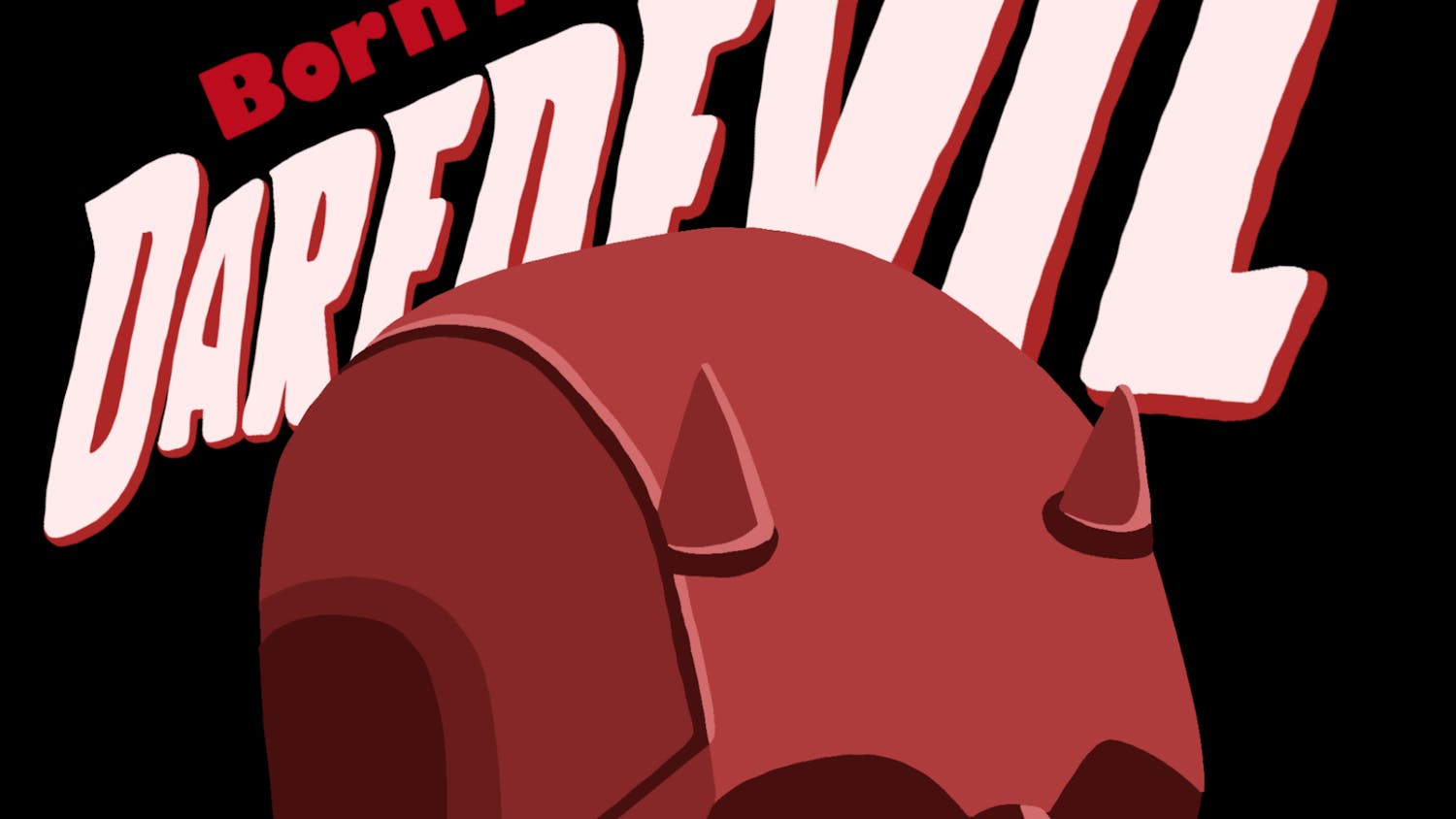In 2007, Bandcamp was founded in Oakland, California by Ethan Diamond and programmers Shawn Grunberger, Joe Holt and Neal Tucker. The premise for their online music distribution platform was simple: Artists should have more control over how they sell and market their music. Arguing that existing music platforms were charging fans too much for their services, Bandcamp became a respected outlet for artists, especially independent ones.
Since its start in the music scene, Bandcamp has been strong with elements like an experienced editorial team, social features centered around sharing and discovery and Bandcamp Fridays, a monthly waiving of its revenue share “to help support artists on Bandcamp.” That initiative started during the COVID-19 pandemic.
Last year the platform was sold and acquired by Epic Games, an American video game and software developer and publisher, even after earning $193 million in 2022. Many Bandcamp users were confused as to why a music platform would merge with a video game company; it caused concerns over the future of the service.
Sadly, fans were justifiably worried. Two months ago, Epic Games sold Bandcamp to Songtradr, an American B2B music platform that claims to facilitate brands, content creators and digital platforms for licensing purposes. The company also laid off 16% of Bandcamp’s employees.
Although Songtradr promised to not interfere with any of Bandcamp’s current and longtime employees, the company seemed to go against its word, especially after the acquisition was announced.
In an article published by Wired, the publication said many employees were removed from critical systems and given little guidance for their futures at Bandcamp, leaving workers in a “really destabilizing” position.
Following the article, Songtradr’s chief marketing officer released a statement regarding the issue, which said: “Based on its current financials, Bandcamp requires some adjustments to ensure a sustainable and healthy company that can serve its community of artists and fans long into the future.”
After the layoffs were conducted, Pitchfork also spoke to many of Bandcamp’s former employees. One software engineer told the publication that cuts were spread out “fairly evenly” across all departments, except for customer support and editorial. They also said only three support specialists were left. Another current employee said the editorial department also only retained three editors and a designer and that Bandcamp Daily, the site’s music publication, would continue.
Now that Bandcamp has cut much of its staff, it’s unclear whether the platform will stay alive going into 2024. It’s also lost a good percentage of its support from users, especially because the founders have been relatively quiet about its recent acquisitions and decisions involving Bandcamp’s employees.
The interesting element to this whole issue is that Bandcamp has always relied on music lovers to keep it running, as Bandcamp Daily has become one of the main sources for fans to stay updated on independent and mainstream artists. Also, it’s one of the only platforms with a heavy focus on covering lesser-known artists from a global standpoint and supporting freelance journalists and commissioning illustrations for editorial work.
When Pitchfork reached out for comment from Songtradr about its change in direction from Bandcamp’s initial sentiment, the company said, “Over the past few years the operating costs of Bandcamp have significantly increased. It required some adjustments to ensure a sustainable and healthy company that can serve its community of artists and fans. After a comprehensive evaluation, including the importance of roles for smooth business operations and pre-existing functions at Songtradr, 50% of Bandcamp employees have accepted offers to join Songtradr.”
With such a broad statement about the company’s plans, the doubt from users surrounding Songtradr may cause Bandcamp to fail. While it’s hard to predict what will become of the platform, many fans are already looking for alternatives. Because the promotion and selling of independent music is already so fragile, one more wrong step from Bandcamp could result in its end.
Over the next few months, fans will be keeping an eye on Bandcamp. Hopefully, there will be further improvements to save the platform from falling apart.






